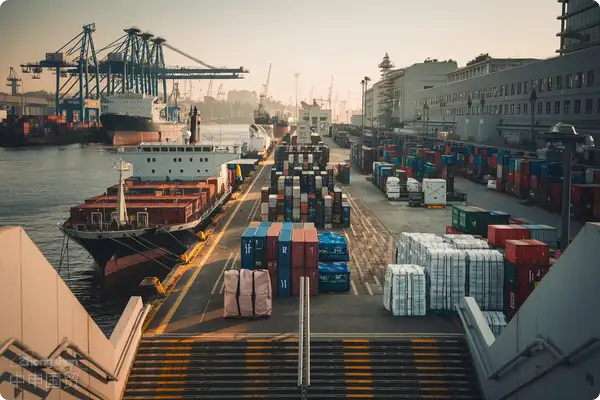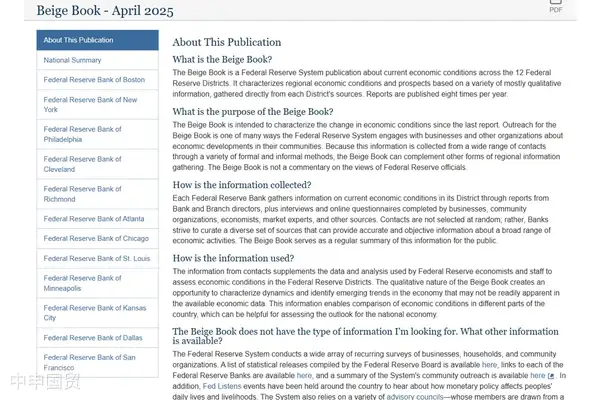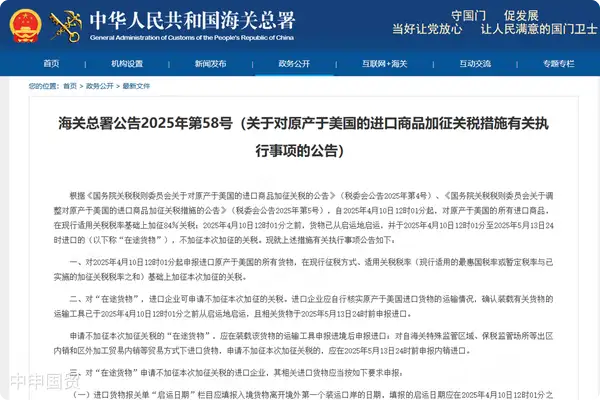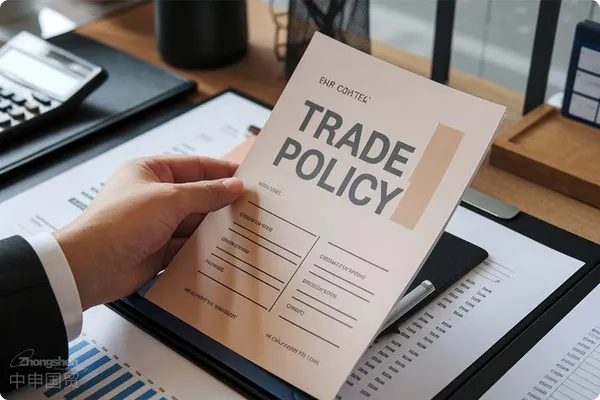- Shanghai Zhongshen International Trade Co., Ltd. - Two decades of trade agency expertise.
- Service Hotline: 139 1787 2118
On June 24, 2024, the European Union officially adopted the 14th round of sanctions against Russia, further strengthening economic, military, and technological pressure. The key areas of these sanctions include natural gas, the Financial Messaging System (SPFS), and controls on dual-use items and technologies. The EU aims to weaken Russias military and technological capabilities, isolate it from advanced global markets, deprive the Kremlin of revenue to fund the war, and impose higher costs on the Russian economy.
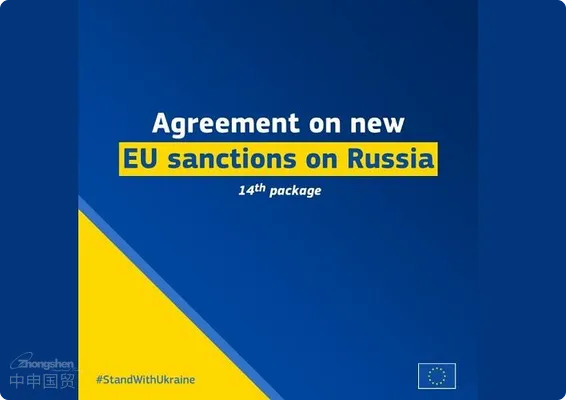
I. Sanctions in the Natural Gas Sector
Prohibition on LNG Transshipment Services
The EU will prohibit the provision of LNG loading and transportation services within its territory for transshipment to third countries from Russia. This includes ship-to-ship transfers, ship-to-shore transfers, and re-loading operations. These measures do not affect imports but only re-exports through the EU to third countries. The European Commission will monitor the implementation and development of this decision and may propose mitigation measures if necessary.
Ban on Ships Supporting Russias War and Energy Development from Entering European Ports
The EU will ban ships supporting Russias war and energy development from entering European ports, such as those transporting LNG components or transshipping LNG. This is the first time the EU has taken such measures, which also target Russias shadow fleet tankers that circumvent the Price Cap Coalitions caps while employing deceptive shipping practices.
Prohibition on Investments in Russias Ongoing LNG Projects
The EU will prohibit any investments, provision of goods, technology, and services for Russias ongoing LNG projects, such as the Arctic LNG 2 and Murmansk LNG projects. After a 9-month transition period, the EU will also ban the use of European ports for transshipping Russian LNG.
Ban on Russian LNG Imports to Specific Terminals
The EU will also prohibit the import of Russian LNG to specific terminals not connected to the EU gas pipeline network.
II. Financial Sanctions Measures
Prohibition on Using the SPFS Financial Messaging System
The EU will prohibit the use of the System for Transfer of Financial Messages (SPFS). For example, EU entities operating outside Russia will be banned from connecting to SPFS or equivalent specialized financial messaging services.
Ban on EU Financial Institutions Transacting with Sanctioned Entities
EU financial institutions will be prohibited from using SPFS outside Russia to transact with entities sanctioned by the EU. The EU may list non-Russian third-country banks connected to SPFS and prohibit EU financial institutions from conducting business with them.
Prohibition on Transactions with Institutions Supporting Russias Defense Industrial Base
The EU prohibits transactions with targeted credit and financial institutions, as well as crypto-asset service providers established outside the EU, if these institutions support Russias defense industrial base by exporting, supplying, selling, transferring, or transporting dual-use goods and technologies, sensitive items, battlefield goods, firearms, and ammunition.
III. Funding Controls on Political Parties and Other Organizations
EU political parties, foundations, NGOs (including think tanks), and media service providers will no longer be allowed to accept funding from the Russian state and its proxies. However, under the Charter of Fundamental Rights, this measure will not prevent media service providers and their employees from conducting other activities in the EU, such as research and interviews.
IV. Land and SeaAir TransportationTransport Controls
Ban on Specific Vessels from Entering European Ports
For the first time, the EU will ban specific vessels involved in Russias war and energy development from entering European ports and prohibit services to them. Examples include ships that have transported military equipment for Russia, stolen Ukrainian grain, LNG components, or transshipped LNG. Currently, the EU has blacklisted 27 vessels, and this list may be updated as needed.
Expansion of the EU Flight Ban
The EU has decided to expand its flight ban, which prohibits landing, takeoff, or overflight within EU territory, to also apply to any aircraft used for non-scheduled flights where Russian natural or legal persons, entities, or institutions can effectively determine the location or time of takeoff or landing. Examples include flights to holiday destinations or business meetings. Additionally, operators must provide any information requested by member state authorities regarding non-scheduled flights, including aircraft ownership and potential passengers.
Expansion of the Road Freight Transport Ban
The EU has decided to expand the ban on road freight transport within and transiting through EU territory to cover EU operators owned 25% or more by Russian natural or legal persons.
V.import and exportControls and Restrictions
Blacklisted Entities
The EU has added 61 entities (including 28 Russian entities and 33 others from countries such as China, Kazakhstan, Kyrgyzstan, Turkey, and the UAE) to its blacklist for directly supporting Russias military and industrial complex in waging war. These entities are suspected of circumventing trade restrictions, procuring sensitive items for drone production, or providing material support to Russias military operations. They will face stricter export control measures, including dual-use goods and technologies.
Expansion of the Restricted Items List
The EU has expanded its list of restricted items for Russias defense and security sector, adding certain machine tools, microwave and aviation amplifiers, and All-Terrain Vehicles.
Restrictions on Exports of Industrial Capacity-Related Goods
The EU has imposed further restrictions on exports of goods that could enhance Russias industrial capacity, such as manganese ore, rare earth compounds, plastics, excavation machinery, displays, and electrical equipment, while also further restricting helium imports from Russia.
Revision of the Diamond Import Ban
The EU has revised the Russian diamond import ban under its 12th sanctions package, clarifying that the ban does not apply to diamonds located in the EU or third countries (excluding Russia) before the ban took effect or those polished or manufactured in third countries (the so-called grandfather clause). It also permits temporary imports and exports of jewelry, such as for trade fairs or repairs. The diamond ban is set to take effect after a six-month delay (until March 1, 2025).
VI. Anti-Circumvention Measures
Strengthening Measures Against Circumvention
The EU is equipping itself with more tools to combat circumvention. EU-based operators must make every effort to ensure their third-country subsidiaries do not engage in any sanctions evasion.
Implementation of Due Diligence Mechanisms
EU operators selling military goods to third countries must implement due diligence mechanisms to identify and assess the risk of re-export to Russia and mitigate such risks.
Contract Clause Requirements
EU operators transferring industrial technology for military goods production to third countries must include clauses in contracts to ensure such technology is not used for exports to Russia.
VII. Protection of EU Operators
Compensation Claims
The EU allows EU operators to claim compensation for losses caused by the requisitioning of assets by Russian companies.
Interference in Arbitration and Court Jurisdiction
The EU will add companies that interfere in arbitration and court jurisdiction to its list of entities subject to transaction bans.
VIII. Intellectual Property Restrictions
Restrictions on Intellectual Property Applications
The EU will restrict Russian individuals and entities from applying for certain intellectual property rights in the EU, aiming to counter actions by the Russian government and courts that deprive EU IP holders of protection in Russia.
Ban on Cultural Property Goods Trade
The EU prohibits the purchase, import, transfer, or export of Ukrainian cultural property goods and other items of archaeological, historical, cultural, rare scientific, or religious significance if there are reasonable grounds to suspect they were illegally removed from Ukraine.
IX. Asset Freezes and Travel Bans
New Sanctions List
The EU has added new sanctions targets—116 in total, including 69 individuals and 47 entities—for actions undermining or threatening Ukraines territorial integrity, sovereignty, and independence. These entities will face asset freezes, and individuals will be subject to travel bans. The total number of EU sanctions targets against Russia now exceeds 2,200.
Original Announcement Link:EU adopts 14th package of sanctions against Russia for its continued illegal war against Ukraine, strengthening enforcement and anti-circumvention measures
Related Recommendations
Core Business
Contact Us
Email: service@sh-zhongshen.com
Related Recommendations
Contact via WeChat

? 2025. All Rights Reserved. Shanghai ICP No. 2023007705-2  PSB Record: Shanghai No.31011502009912
PSB Record: Shanghai No.31011502009912
